April 15, 2025 | 22:10 GMT +7
April 15, 2025 | 22:10 GMT +7
Hotline: 0913.378.918
April 15, 2025 | 22:10 GMT +7
Hotline: 0913.378.918
The consultation workshop on the ICT4Health project, co-organized by the International Livestock Research Institute (ILRI) and the National Institute of Veterinary Research (NIVR - Ministry of Agriculture and Environment), emphasized the role of digital transformation, information and communication technology (ICT) in enhancing productivity and quality across various sectors globally, including in Vietnam.
The ICT4Health project, implemented by ILRI, NIVR, and local partners, has developed and piloted theFarmVetCare mobile application (the app) to enhance disease surveillance and improve communicationbetween farmers, veterinarians, and authorities. Launched in 2023, the app was developed by AIDKorea, a South Korean IT company, and has been piloted in Lao Cai and Hoa Binh provinces.
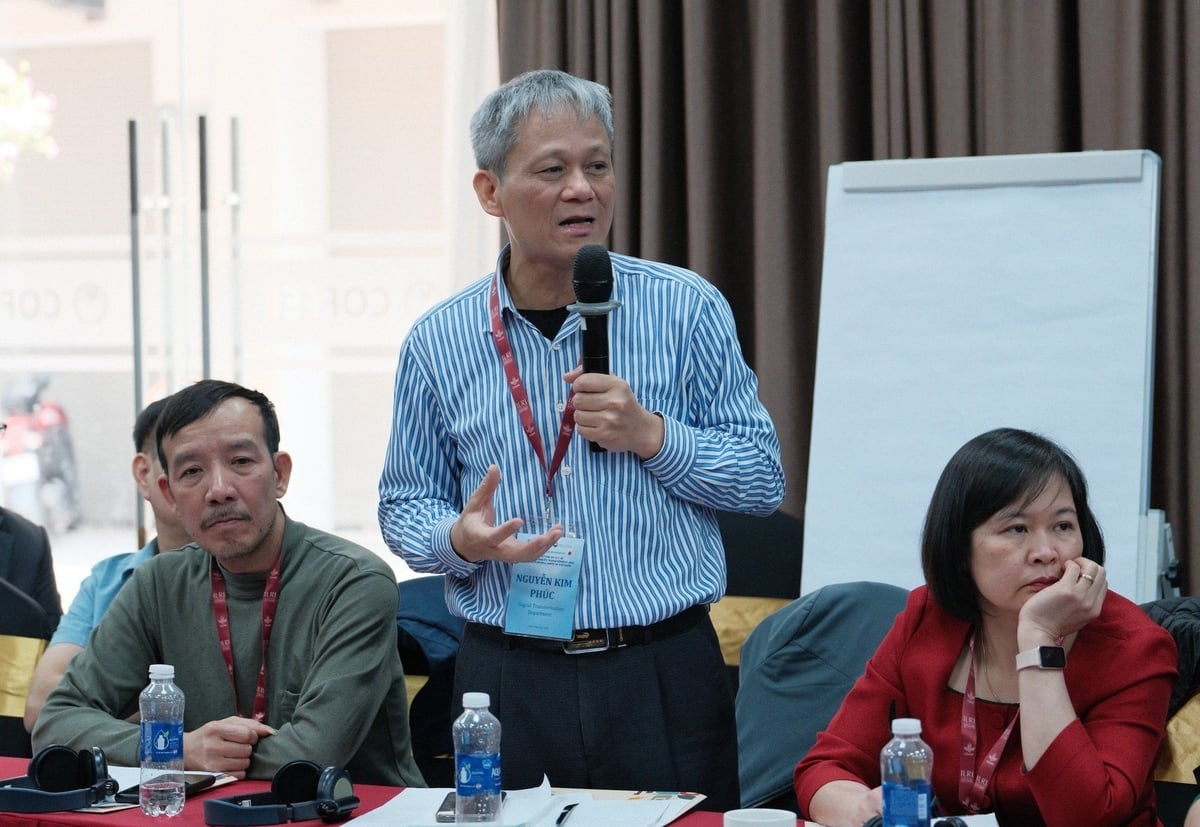
Mr. Nguyen Kim Phuc, Deputy Director of the Digital Transformation Department, spoke at the consultation workshop on the application of Information and Communication Technology (ICT) in animal husbandry management and animal diseasesurveillance in Vietnam. Photo: Quynh Chi.
In the livestock sector, information and communication technology (ICT) enhances disease control, production chain management, and livestock monitoring. Veterinary authorities and farmers can access real-time disease updates, supporting timely diagnosis, treatment, and control of transboundary diseases and zoonotic infections.
Timely detection and management of diseases such as African swine fever, foot andmouth disease, lumpy skin disease, and zoonotic threats like avian influenza, rabies and leptospirosis arecrucial, and digital innovations offer effective solutions to address these challenges.
Representing the government, Mr. Nguyen Kim Phuc, Deputy Director of the Digital Transformation Department (Ministry of Agriculture and Environment), emphasized the importance of developing digital infrastructure and ensuring data security. He also highlighted the need to strengthen the ministry’s shared data repository as evidence for policy development.
"The Ministry of Agriculture and Environment is currently making significant investments in digital infrastructure, effectively deploying applications that require high-performance configurations and large datasets. The key policy is to enhance infrastructure for data repository implementation, operational resources, and strong security maintenance," stated a representative from the Digital Transformation Department.
However, according to Deputy Director Nguyen Kim Phuc, the sector's current challenge lies in data standardization and coordination capacity when integrating data from various sources, including agencies, local authorities, and individuals. He suggested the need for a comprehensive system to process both input and output data efficiently.
"In government projects investing in ICT applications, data must adhere to the principles of being 'accurate,' 'complete,' 'clean,' and 'live' - meaning it should be regularly updated, well-organized, and properly verified," Mr. Phuc stated. He further emphasized that inadequate data verification poses risks to its usability.
Mr. Nguyen Kim Phuc also raised concerns about how to enhance digital awareness, how the project will extend its applications to 500 households, and what forms of support will be provided to help farmers adopt the technology.
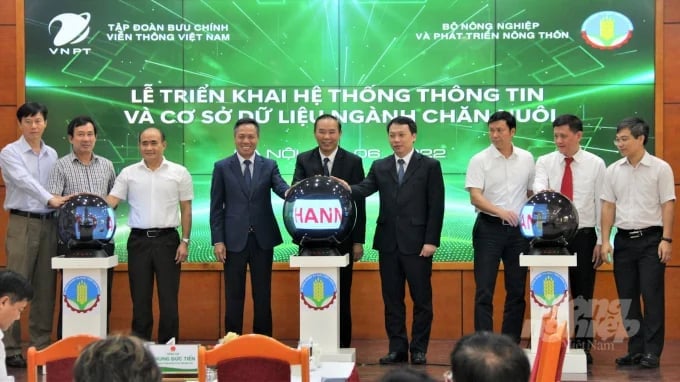
The launching ceremony of the Livestock Sector Information System and Database. Photo: KC.
According to Dr. Dang Huu Anh from the Faculty of Veterinary Medicine at Vietnam National University of Agriculture (VNUA), state management in the sector still faces many challenges.
Dr. Huu Anh stated that the new support mechanism for farmers affected by diseases will serve as a way to familiarize them with the reporting process. If farmers report accurately, comprehensively, and clearly, they will receive government support to prevent disease outbreaks and restore production.
The digital transformation of veterinary management in Vietnam has introduced a plan where all information on livestock farming, disease outbreaks, and vaccinations is stored on a blockchain, ensuring data integrity and preventing tampering or forgery. Blockchain enables stakeholders in the supply chain to easily verify product origins, minimize fraud, ensure livestock product quality, and enhance information authentication within the supply chain.
IoT systems track and adjust temperature, humidity,and lighting in barns in real-time, creatingoptimal conditions for livestock growth. Smart wearable devices measure body temperature, heart rate, andmovement levels, enabling early detection of health issues. Attaching QR codes or RFID chips to animals to recordtheir information
Additionally, AI can aggregate and process data from multiple sources to identify factors influencing disease outbreaks. By analyzing historical data and predicting outbreak trends, AI can forecast potential epidemic risks in specific areas, enabling timely responses from the veterinary sector. This also supports decision-making in veterinary care by recommending treatment protocols, vaccination plans, and optimal disease control strategies.
ICT4Health project (2022 - 2026) uses One Health to ensure a multidisciplinary and multi-sectoralapproach to addressing the threat of zoonotic diseases. It also strengthens the capacities of nationalpartners in surveillance, early detection and emergency response, disease prevention and control andlaboratory science (serology and diagnostics). The project will inform policy formulation to improve themanagement of transboundary animal and emerging zoonotic diseases.
Translated by Kieu Chi
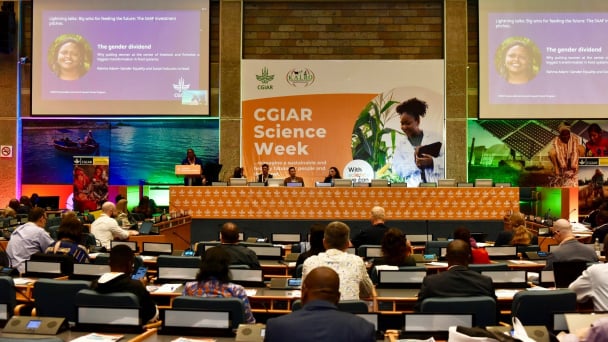
(VAN) The CGIAR’s Sustainable Animal and Aquatic Foods (SAAF) program represents a new approach that emphasizes the transformation of food systems toward sustainability.
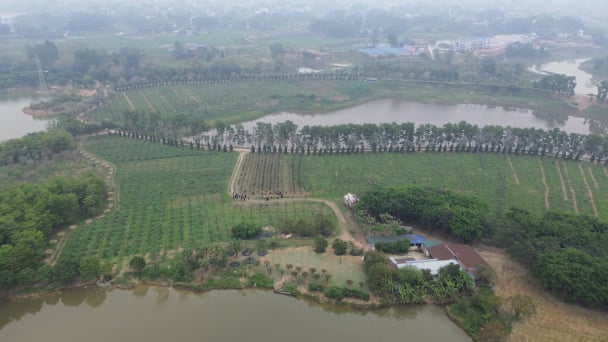
(VAN) Scientists assume that industrial agriculture has been 'outdated.' As a result, a comprehensive overhaul or a revolution in the direction of embracing ecological agriculture is needed.
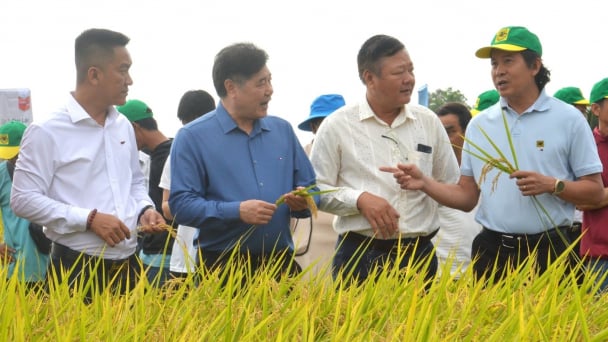
(VAN) The results from pilot fields are catalyzing the expansion of the One million hectares of high-quality, low-emission rice project in Kien Giang.
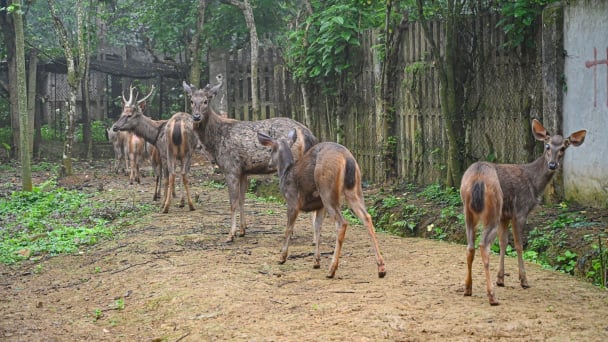
(VAN) On the morning of April 11, Cuc Phuong National Park received 18 individuals of endangered and rare wild animals from Da Nang city.
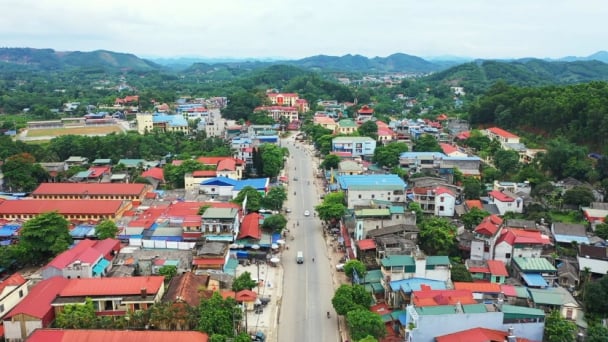
(VAN) FAO supports Vietnam in enhancing survey sampling techniques for the 2025 nationwide agricultural and rural census.

(VAN) By participating in the green transition, manufacturers become an indispensable part of the circular economy, contributing to resource optimization and environmental protection.
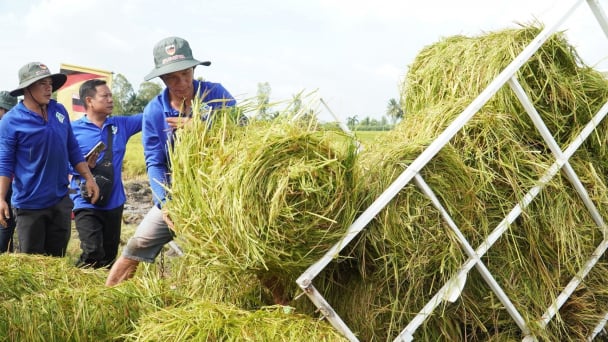
(VAN) The One Million Hectares of High-Quality and Low-Emission Rice Program can generate nearly 14 million tons of straw annually, posing an urgent requirement to diversify straw-based products.